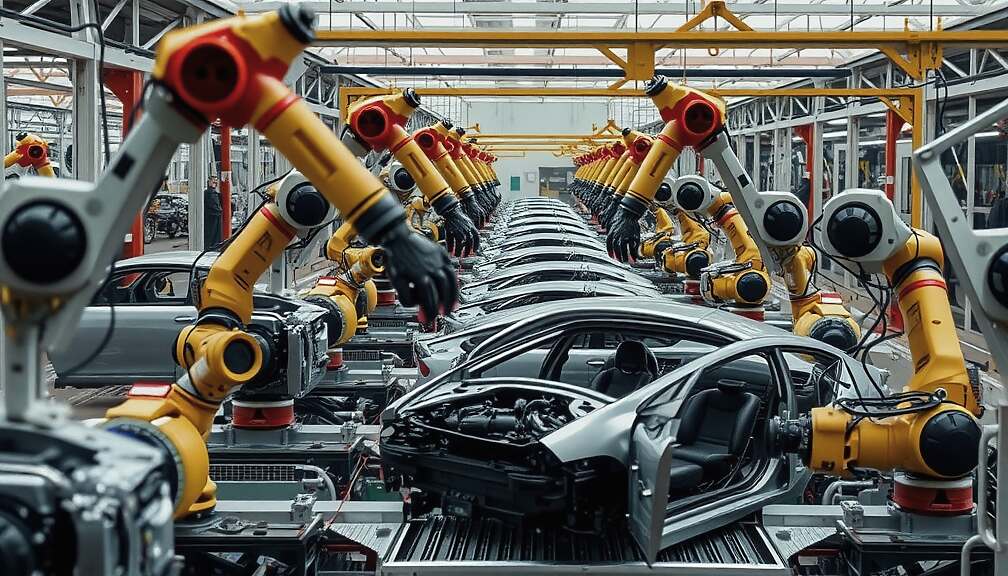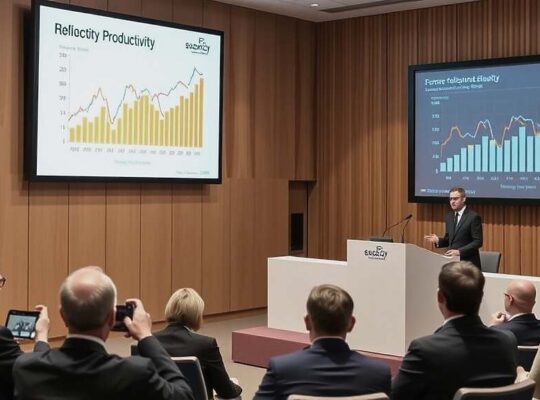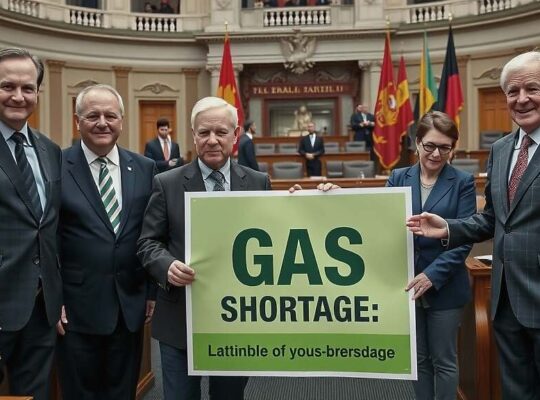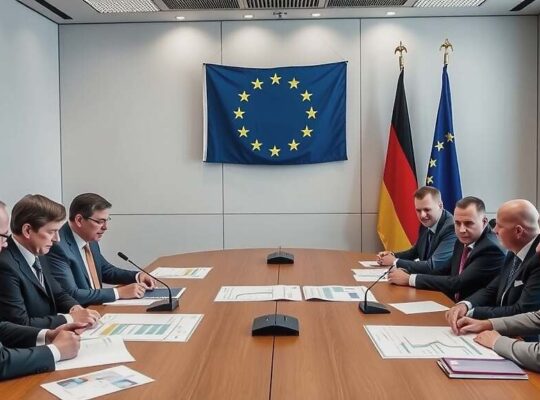A sharp rebuke has been exchanged between German industry and government officials concerning the resilience of supply chains, particularly within the automotive sector. The Association of the Automotive Industry (VDA) vehemently rejected accusations from Berlin that companies have failed to adequately prepare for potential disruptions.
Hildegard Müller, head of the VDA, told “Politico” magazine that the repeated assertion that the automotive industry, in particular, has neglected measures such as stockpiling and establishing alternative sourcing options (“second sourcing”) is unequivocally false. The dispute follows recent comments from Minister for Economic Affairs, Katharina Reiche (CDU), who expressed bewilderment at companies continuing to rely on single sourcing strategies following the COVID-19 pandemic and subsequent energy crisis. Reiche emphasized that past experiences, including previous disruptions, should have instilled a greater awareness of the potential for events like China’s export restrictions on rare earths and chip shortages to impact production.
While acknowledging previous vulnerabilities, Müller countered that automotive companies have actively worked to bolster supply chain resilience in recent years. She conceded that stockpiling is limited and underscored that the semiconductor crisis necessitates a political solution – addressing the conflict at its origin. She implied that addressing the root causes of supply instability lies beyond the control of individual companies.
The Ministry of Economic Affairs, however, insists that the onus is on industry to fortify its operations. A recent report to the Committee on Economic Affairs, cited by “Politico”, explicitly states this expectation. Furthermore, the ministry intends to implement a supply chain monitoring system to enhance transparency and risk awareness, specifically targeting the semiconductor sector. Critically, the report reveals that no budgetary allocations have yet been assigned to fund this initiative.
This increasingly acrimonious debate highlights a fundamental divergence in responsibility. While the VDA pushes for political intervention to resolve systemic issues, the ministry emphasizes the need for proactive corporate action, raising questions about the efficacy of current strategies and the scope of governmental oversight within a critical sector of the German economy. The lack of funding for the proposed monitoring system further underscores the potential for bureaucratic inertia to hinder effective risk mitigation. The disagreement risks undermining confidence and complicating efforts to safeguard a vital pillar of German manufacturing and international trade.












